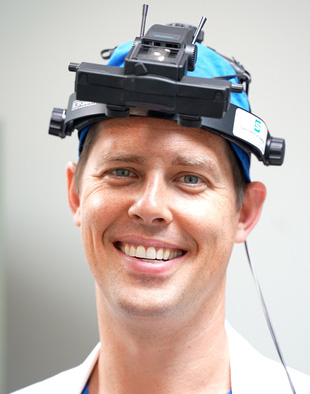Surprising Medical Causes of Hearing Loss
There are many health conditions that are not directly connected to the ears that you wouldn’t think would result in hearing issues. Some of the health conditions are quite common, such as diabetes and hypertension, both of which affect one-third of the U.S. population. Because diabetes and hypertension impair the cardiovascular system, the nerves and blood vessels of the inner ear can become damaged and hearing diminished.
This kind of hearing loss, which occurs due to problems with the inner ear (cochlea), is called sensorineural. Sensorineural hearing loss also encompasses hearing loss that results from damage to the nerve pathways from the inner ear to the brain (the auditory nerve) or to the central processing centers of the brain. Usually permanent and irreversible, sensorineural hearing loss can generally be treated with the use of hearing aids or cochlear implants.
By contrast, conductive hearing loss is mechanical in nature, stemming from problems in the outer or middle ear. This includes damage to the three tiny bones of the ear or to the eardrum. For example, health conditions that cause fluid in the middle ear can lead to conductive hearing loss. Conductive hearing loss can often be reversed medically or surgically.
It is possible to have both conductive and sensorineural hearing loss, or what is called mixed hearing loss. So make a conscious effort to have your hearing checked every year.
To schedule a hearing evaluation with Board Certified Hearing Instrument Specialist, Gene Smith, please call800-467-1393. Eye Center South, Dothan, AL.




